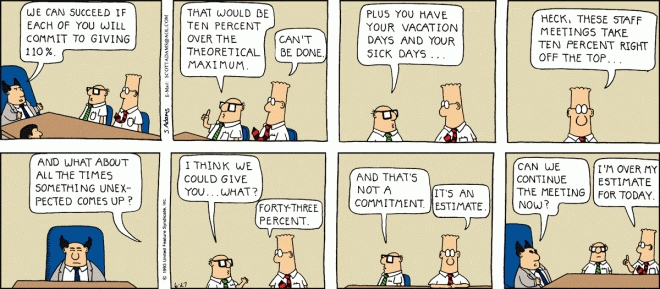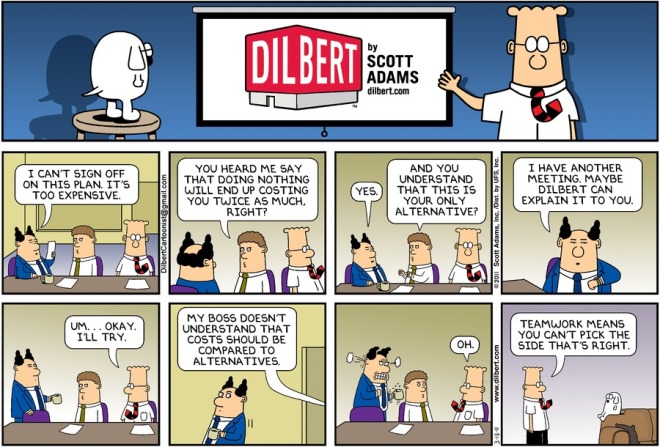In every bite we take, there is a little bit of pain and pleasure.
It’s no secret that I enjoy cooking.
And more so, dishes with complex flavours; nuanced, complicated, multifarious in texture – Asian food has not ceased to surprise me, even after having lived and breathed the cuisine and culture for decades.

I celebrate all kinds of festive seasons. Usually, as an excuse to cook up something related to the season and push my culinary skills further to the brink of burnt rice and collapsed cakes. And it’s never just ONE dish, oh no….I seem to lose myself in a mind boggling maze of “must try delicacies” and stretch myself out over three to four days of prep, culminating in a cuisine crescendo comprising anywhere between six to 12 courses that leave people in a food coma that lasts for weeks. Like the food sadist that I am, watching people enjoy my food is more scintillating than eating it myself.
But when the guests are gone and table is cleared, and it is just me at my machine poring over reports or writing one, my mind sometimes wanders again into what it might be to cook something involving an ingredient I haven’t yet explored. And the leftovers, neatly stacked in the refrigerator, beckon to me woefully,
“Please eat me”.
I eventually get to them.
I pace myself, because gluttony – that ferocious, rage-eating manner which is now known as “makbang” – really does a number on your thighs. And that is one of the hardest parts of the body to tone, even if you’re doing 155lbs deadlifts on the weekly. I used to pile them on a plate, and feed at a plodding pace. These days I have adopted the “tray method”, where I plate the items more or less separately and eat off the tray so I can savour the flavours separately.
And what have I discovered?
That while I enjoy cooking for others, preparing and savouring Asian food is more than just “a meal” to me. More than anything else, food is my heritage – and quite literally.
Dishes specific to the Peranakan culture, for example, is part of my heritage. And it is one I hold dear, because the culture is slowly but surely dying. Some ingredients – such as fish stomach – are so old school, and rare, that it is almost impossible to find them in restaurants never mind the home of the modern cook who uses an all electric stove top. Aromatics, such as polygonum leaves, cosmos caudatus (“the King’s salad”), turmeric leaves and Chinese coriander lend incredible and irreplaceable flavour profiles – there is simply no substitute once you know what they are.
Dishes my mother cooked for me, such as Vinegar Pigs Trotters and Liver cooked in Ginger Wine, which I love more than other members of my family, happen to be dishes that a mother in law would traditionally prepare for her daughter in law during the postpartum period. While I do not have the privilege of having children or in laws who make or needed to have made these dishes for me, these recipes are heritage dishes that is handed from mother to daughter.
Celebratory dishes we prepare for festive holidays are not just reminders that it is time to celebrate a season; they celebrate family, friends and tradition. Chinese New Year dishes, for example, have significance and are served during the season to welcome health, prosperity and blessings for the year. Rendang, nasi impit, lemang and sayur lodeh during the Aidilfitri season remind me of my dearest Muslim friends, and the camaraderie of having open houses where almost anyone is invited to sup together and build a stronger community through good food. Indian snacks like murukku (chakli), ghee balls (nei urundai), mutton curry and chapatis bring back memories of celebrating Deepavali at my neighbours’ houses and memories of learning how to cook Indian dishes from my school mate’s mothers.
Through cooking and eating I have learnt stories of happiness and sadness; because let’s face it – we eat at funerals, too. I am multilingual; and cooking a wide range of cuisines has not only taught me the various names of ingredients but also their cultural significance and what they are called in different places. Cooking techniques and terminology is also culture specific; there are some methods using certain tools which cannot be easily translated from its mother tongue.
Growing up in an environment rich in various cultures, I was incredibly fortunate to have also adopted an appreciation of the cuisine and heritage they carry. I’m not one to practice anything that is culturally specific (unless you count having coffee and watching the BBC News in the morning as “cultural”) but food, linguistics and traditional dress are ways I preserve and honour my personal culture, and the culture of those who have opened their doors to me.
And when everything is gone – the old restaurants of my childhood, the social construct I once knew, the people I loved and lost, the places I used to go, the songs I used to sing – I will still have in my hands, and hopefully a still lucid mind, remnants of an incredibly rich, deep cultural tapestry that can be reconstructed in my kitchen and shared with others at my dining table.


